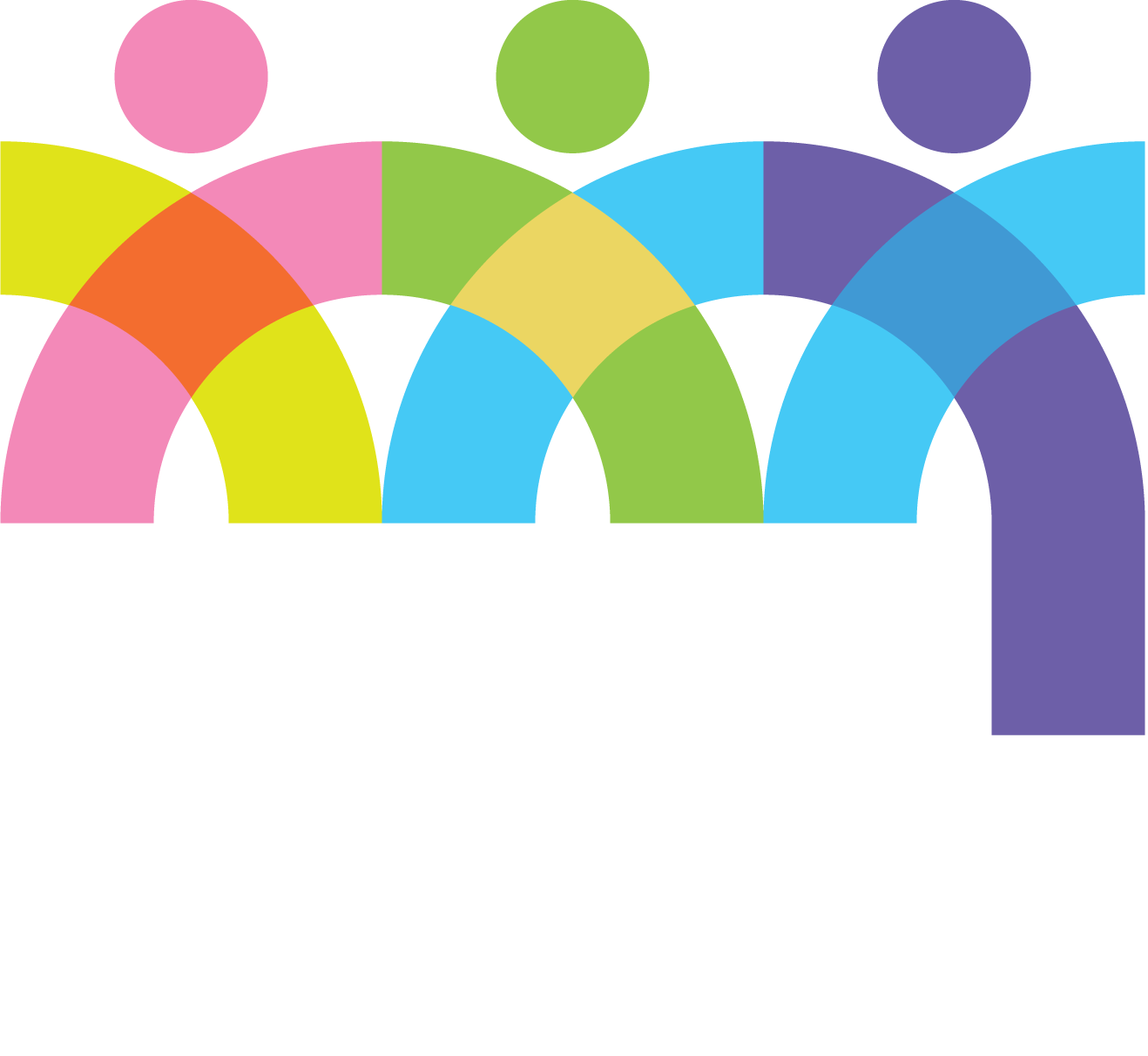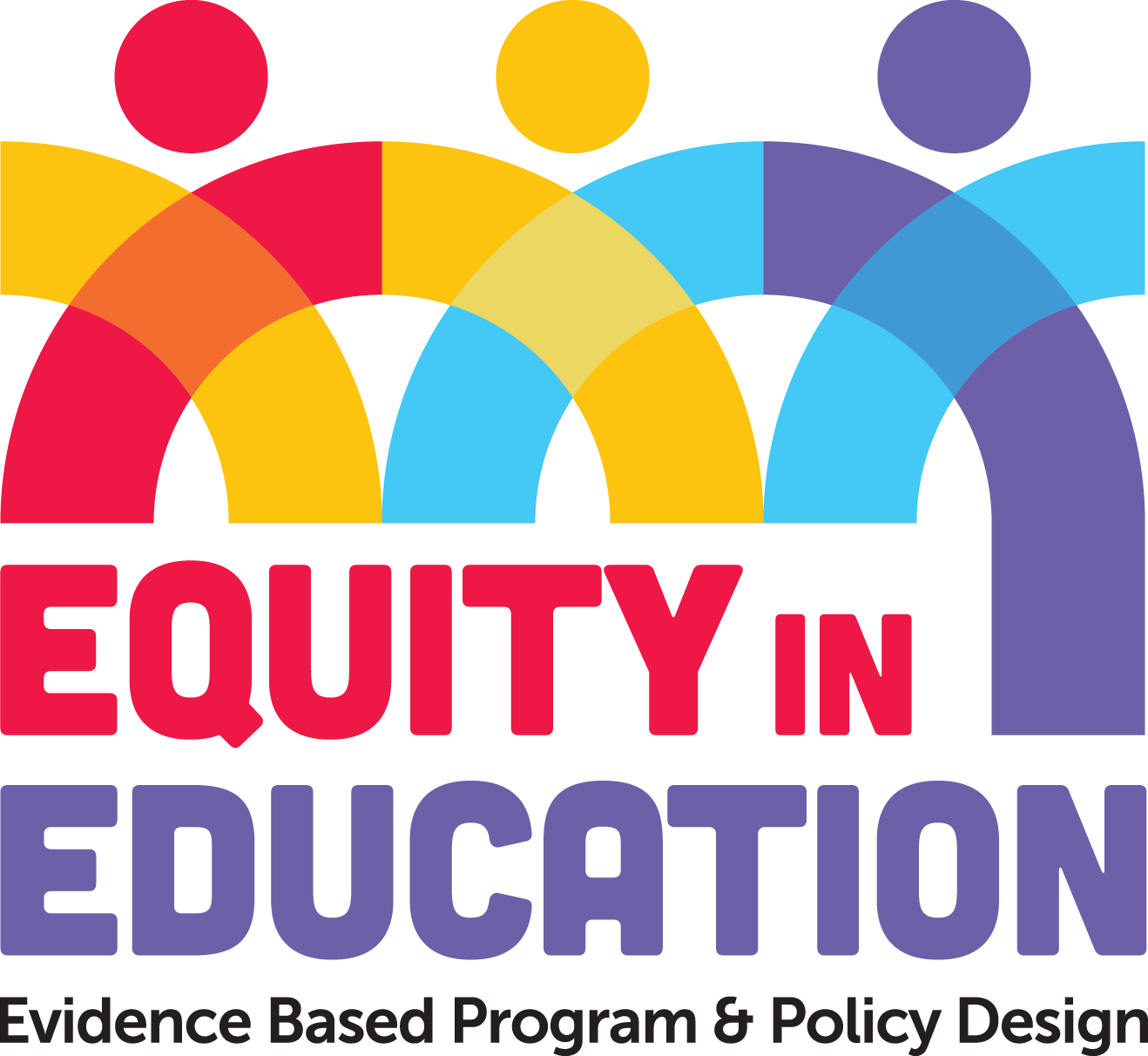Explore:
Inequities in early childhood education and care (ECEC), formal education and youth training.
Test:
Novel solutions to known problems, collaborating with stakeholders.
Create:
Knowledge mobilization tools, including evidence-informed policy.
We draw on multidisciplinary insights from many fields, including economics, applied psychology and human development, and political science. We work with researchers across Canada and abroad to answer questions, develop interventions and mobilize information.
Featured Insight…

Defining Peer Collaboration: A scoping review and network analysis
Peer collaboration is a complex skill that emerges in early childhood. However, researchers and practitioners lack a shared understanding/definition of what peer collaboration means and how to observe it in early educational settings. This review aimed to examine...
Quantitative Analysis and Methods
Full-Day Kindergarten: Effects on Maternal Labor Supply
We examine the effects of offering full-day kindergarten as a replacement for half-day kindergarten on mothers’ labor supply using the rollout of full-day kindergarten in Ontario, Canada. We find no effect on the extensive margin but found an effect on the intensive...
More Money Is Not Enough: (Re)Considering Policy Proposals to Increase Federal Funding for Special Education
New policy proposals to increase funding for the American Individuals with Disabilities Education Act (IDEA)—including recent efforts by the Biden-Harris administration to “fully fund” IDEA—bring a new sense of urgency to understanding how federal special education...
Unequal and Increasingly Unfair: How Federal Policy Creates Disparities in Special Education Funding
The formula used to allocate federal funding to US states for special education is one of IDEA's most critical components. The formula serves as the primary mechanism for dividing available federal dollars among states and represents policy makers’ intent to equalize...
Intervention Creation and Testing
Can a Brief Professional Development Improve Early Childhood Educators’ Responsivity and Interaction Quality in Childcare Centers?
High-quality early childhood education and care (ECEC) – particularly care defined by highly responsive interactions between educators and children – has the potential to have lasting positive impacts on children’s development. While there is variability in the level of quality among early education and care settings, professional development for early childhood educators has been shown to be an effective means to improve both ECEC quality and child outcomes.
Cultivating Young Minds
Creativity and self-directed learning (SDL) have been identified as two key skills that children need to develop for success in the 21st century. As such, developing such skills has become a priority. High quality early childhood education and care (ECEC) can play a pivotal role in supporting a myriad of children’s developmental outcomes.
Increasing engagement with online learning platforms for unemployed youth
Exposure to online learning platforms, such as LinkedIn Learning, Coursera, and EdX has been increasing. However, keeping people engaged once they sign up remains a significant barrier.
Designing Effective Policy Responses
School choice, policy feedback effects, and policy outcomes
Across OECD countries, education choice is proliferating as parents seek and governments permit choice both inside and outside public education systems. The movement of students out of the common public school, however, varies significantly across jurisdictions and sociodemographic characteristics such as race and class. This variation in individual decision making and macro policy outcomes directs us to theorise about the relationship between parental preferences, government responses, and policy outcomes.
Not Hidden but Not Visible
A growing body of comparative public policy research examines the effects of delegated delivery of public services and the related emergence of what is labelled a submerged state that obscures the role of government in the provision of public services.
Policy Frameworks and Parental Choice
Many children in Canada and the United States experience poor-quality child care on a regular basis. Under the rubric of “parent choice,” governments continue to permit a variety of licensed care providers (centers and homes) as well as unlicensed home child care providers.


Mailing Address
Department of Management
University of Toronto Scarborough
UTSC Instructional Centre
1095 Military Trail
Toronto, ON M1C 1A4










